Reduce Water Waste: Low-Flow Fixtures for Efficient Brushing
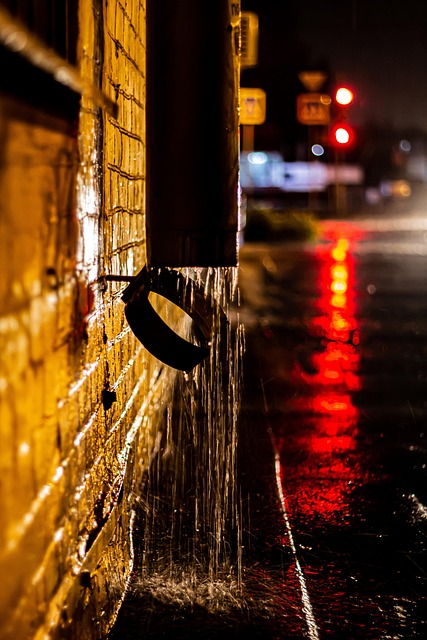
Small actions like brushing teeth with closed taps can significantly conserve water. Low-flow fixtur…….
We are At Your Service
In the face of growing global water scarcity and changing climate patterns, efficient water conservation has become a critical priority for communities worldwide. This article delves into the essential practices and strategies that Eugene residents can adopt to contribute to sustainable water management. By exploring various aspects, from individual actions to policy frameworks, we aim to empower residents to take control of their water usage, ensuring a resilient and thriving community for future generations.
Water conservation refers to the deliberate effort to reduce water consumption and prevent waste. It involves implementing practices that promote efficient use, repair leaky infrastructure, and protect local water sources. For Eugene residents, these tips are tailored to address specific regional challenges and opportunities. Key components include:
Historically, Eugene’s water conservation efforts have been driven by regional droughts and growing awareness of climate change impacts. These initiatives not only ensure a reliable water supply but also protect the natural beauty and biodiversity of local waterways, such as the Willamette River.
Water conservation is a global imperative, with significant international implications:
Regional trends vary widely:
| Region | Key Trends | Impact |
|---|---|---|
| North America | Stricter water efficiency standards for appliances and buildings | Reduced domestic water consumption |
| Europe | Increased investment in desalination and wastewater recycling | Diversification of water sources, but high energy demands |
| Asia | Rapid urbanization leading to higher demand; conservation efforts focused on industrial sectors | Growing awareness among urban residents |
| Africa | Community-led initiatives for local water management | Improved access in rural areas, but disparities persist |
The economic landscape of water conservation is multifaceted:
Technological innovations play a pivotal role in modern water conservation:
Government policies and regulations are crucial in driving water conservation:
Despite significant progress, water conservation faces challenges:
Solutions:
Seattle’s unique approach to water conservation involves capturing rainwater for non-potable uses. The city offers incentives for homeowners to install rain barrels and greywater systems, reducing the strain on the municipal water supply. This program has been successful in engaging residents and diversifying water sources.
Melbourne’s long-standing water restrictions have transformed the community’s relationship with water. The city implemented smart irrigation systems, banned water-guzzling plants, and promoted water recycling. These measures have led to a significant reduction in per capita water usage without impacting quality of life.
Santa Monica’s landscape ordinances mandate water-efficient plants and irrigation systems in new developments. This initiative has resulted in a 40% reduction in outdoor water use while enhancing the city’s aesthetic appeal with native, drought-tolerant flora.
The future of water conservation in Eugene and beyond holds promising prospects:
“Water Conservation Tips for Eugene Residents” represent a comprehensive approach to ensuring a sustainable water future. By combining individual actions, technological advancements, policy frameworks, and community engagement, residents can play a pivotal role in protecting this vital resource. The case studies highlight successful strategies that can inspire further innovation and adaptation. As the world navigates increasing water challenges, Eugene’s commitment to conservation will serve as a model for sustainable practices worldwide.
Q: How does water conservation benefit me as an individual?
A: Water conservation directly translates into lower water bills and contributes to a healthier environment. It also ensures that you have access to clean water when needed, securing your household’s well-being.
Q: Are there financial incentives for adopting water-efficient technologies?
A: Yes, many local governments offer rebates, grants, or tax credits to encourage the installation of water-efficient appliances, fixtures, and systems. Check with your local water utility or city hall for available programs.
Q: How can I reduce water usage in my garden or outdoor spaces?
A: Implement soaker hoses instead of sprinkler systems, choose drought-resistant plants, and practice mulching to retain soil moisture. Consider using collected rainwater for watering.
Q: What role does education play in water conservation?
A: Education empowers individuals to make informed choices about water usage. It raises awareness of local water issues, promotes responsible behavior, and fosters a sense of community responsibility.
Q: How can I stay updated on the latest water conservation technologies?
A: Follow reputable sources like government agencies, environmental organizations, and industry publications that highlight new innovations and best practices in water conservation technology.

Small actions like brushing teeth with closed taps can significantly conserve water. Low-flow fixtur…….
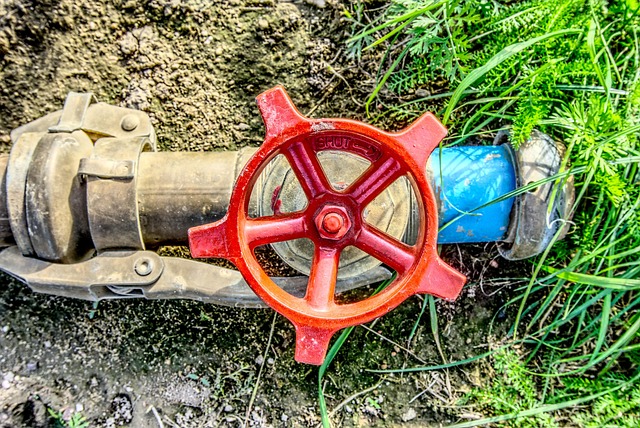
Assess water usage patterns and identify high-consumption areas to optimize irrigation. Choose a sma…….

Hidden leaks in drip irrigation systems are common but overlooked issues wasting water and reducing…….
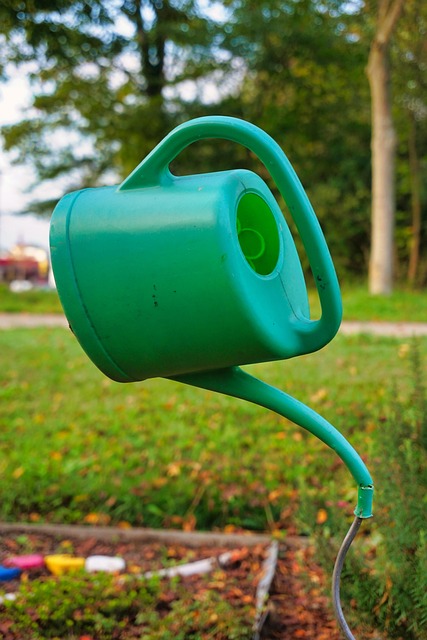
Homeowners can combat water waste and reduce utility costs by adopting simple yet effective solution…….
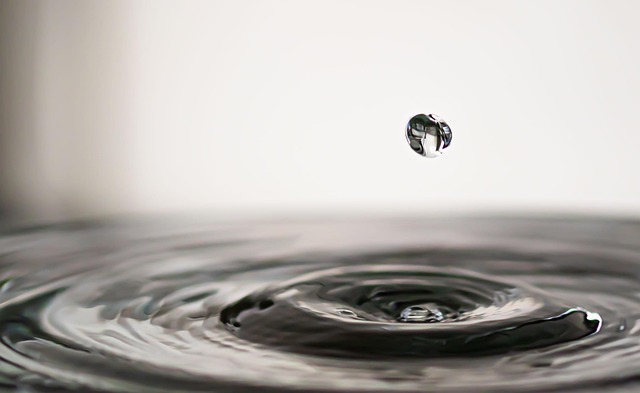
Identifying leak sources in dual-flush toilets and faucets is key for DIY repairs. Gather essential…….

Collecting shower water in buckets for drip irrigation systems is an eco-friendly practice that cons…….
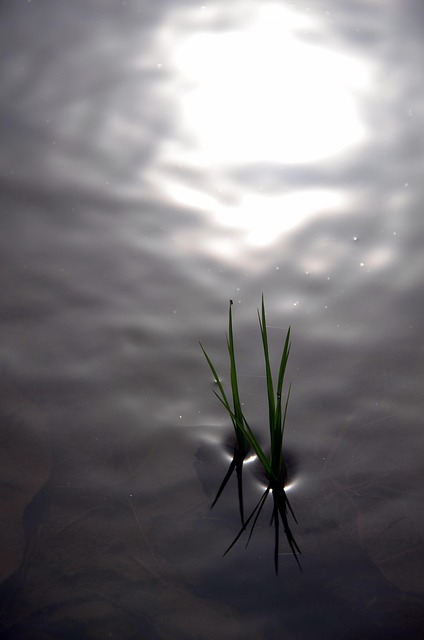
Aerators enhance water efficiency by mixing air with flow, reducing consumption in faucets and promo…….
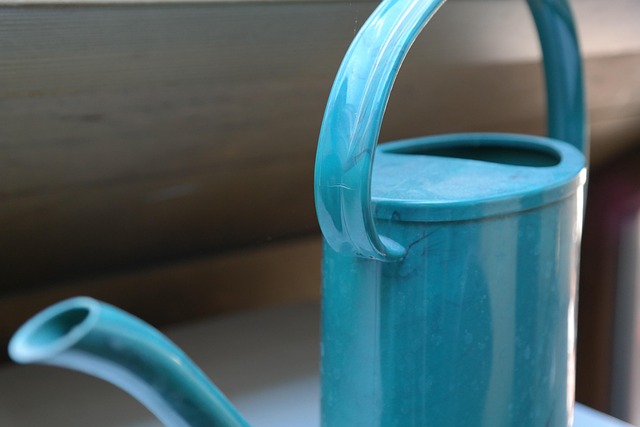
Installing low-flow showerheads and faucets significantly reduces water usage in homes, saves on bil…….
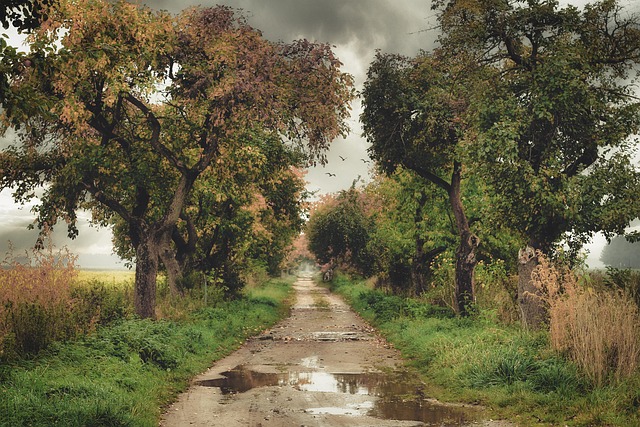
Water conservation begins with family habits like shorter showers and efficient fixtures. Fixing lea…….